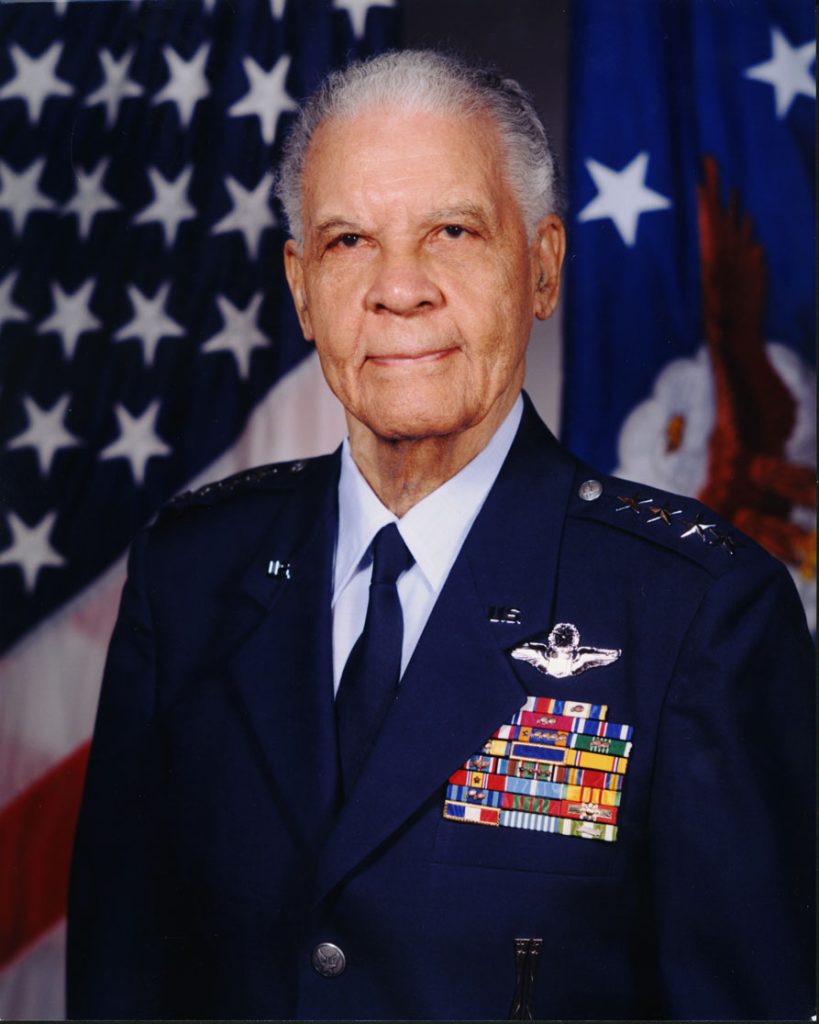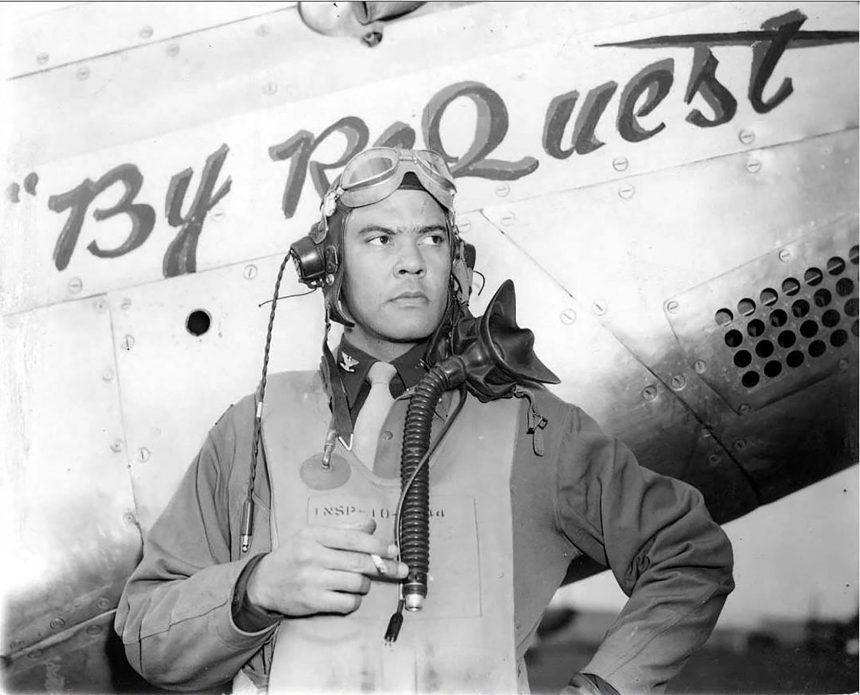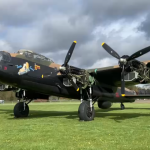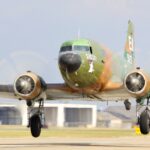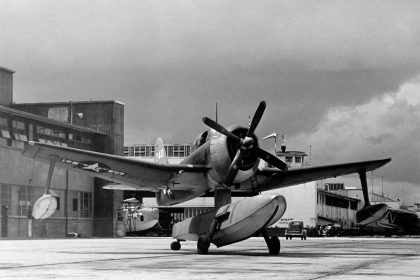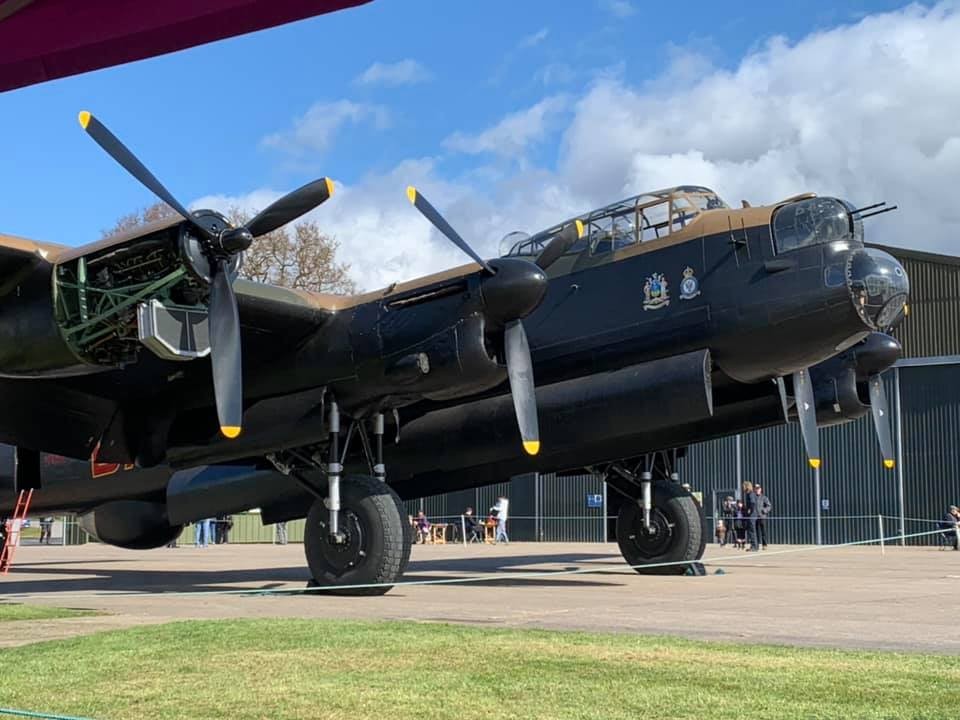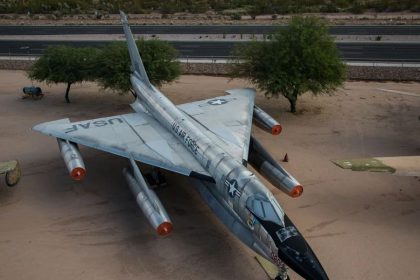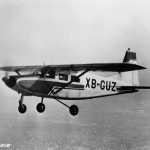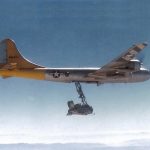On this day in aviation history—66 years ago, on May 22, 1959—Benjamin O. Davis Jr. became the first African American Major General in the United States Air Force. Best known for commanding the Tuskegee Airmen during World War II, Davis led a distinguished career that broke racial barriers and paved the way for greater inclusion of minorities in the U.S. military.
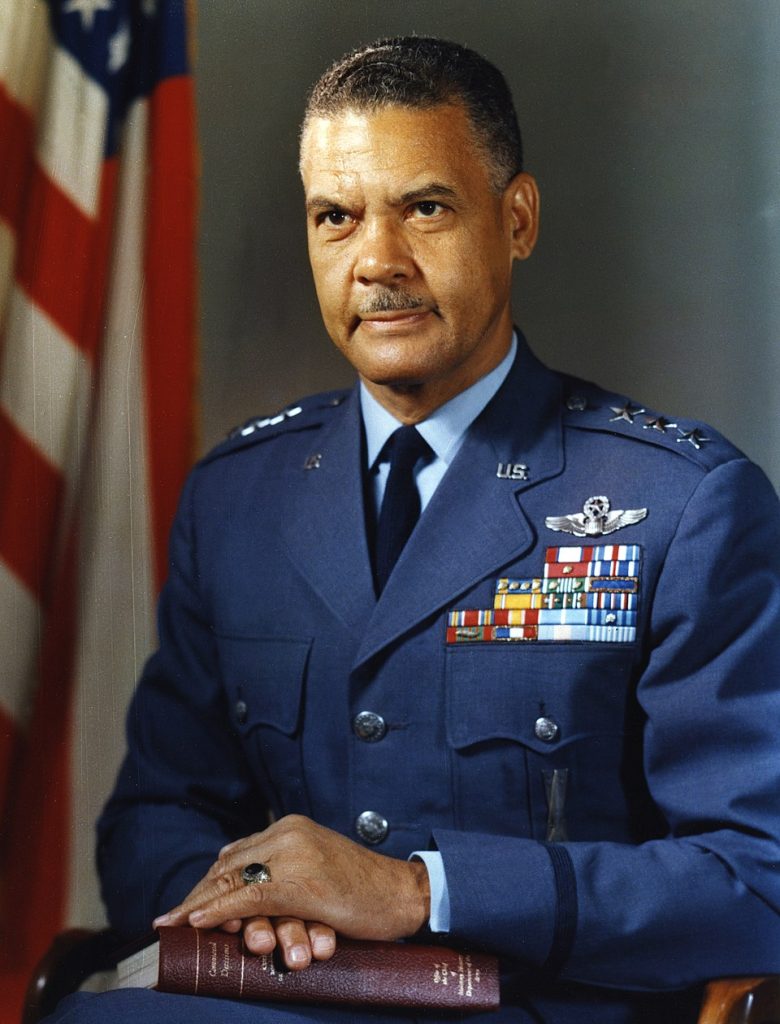
Benjamin Oliver Davis Jr. was born on December 18, 1912, in Washington, D.C., to Benjamin O. Davis Sr. and Elnora Dickerson Davis. His father served as an officer in the 9th Cavalry, one of the original Buffalo Soldier regiments, and was promoted to Brigadier General in October 1940—the first African American to attain that rank in the U.S. Army. Military leadership, it seemed, ran in the family. In the summer of 1926, at just 13 years old, Davis Jr. took his first airplane ride with a barnstorming pilot at Bolling Field in Washington, D.C.—an experience that sparked his lifelong passion for aviation.
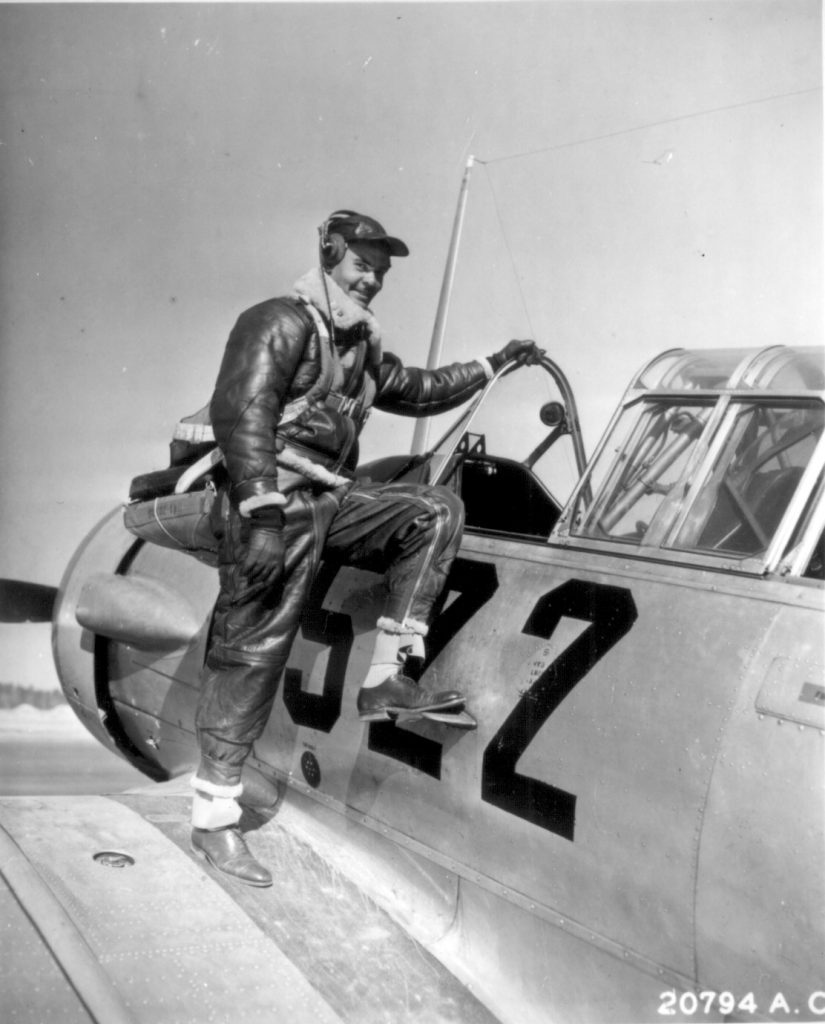
Davis entered the U.S. Military Academy at West Point in July 1932. Enduring four years of isolation due to racism—he roomed alone and was largely ignored by his peers—he nonetheless graduated in June 1936, becoming only the fourth African American to graduate from the academy. A year later, he completed training at the U.S. Army Infantry School at Fort Benning and was subsequently assigned to teach military tactics at Tuskegee Institute. It was at Tuskegee that Davis earned his pilot’s wings. He was part of the first training class at Tuskegee Army Air Field and became the first African American officer to solo an aircraft in the U.S. Army Air Corps.
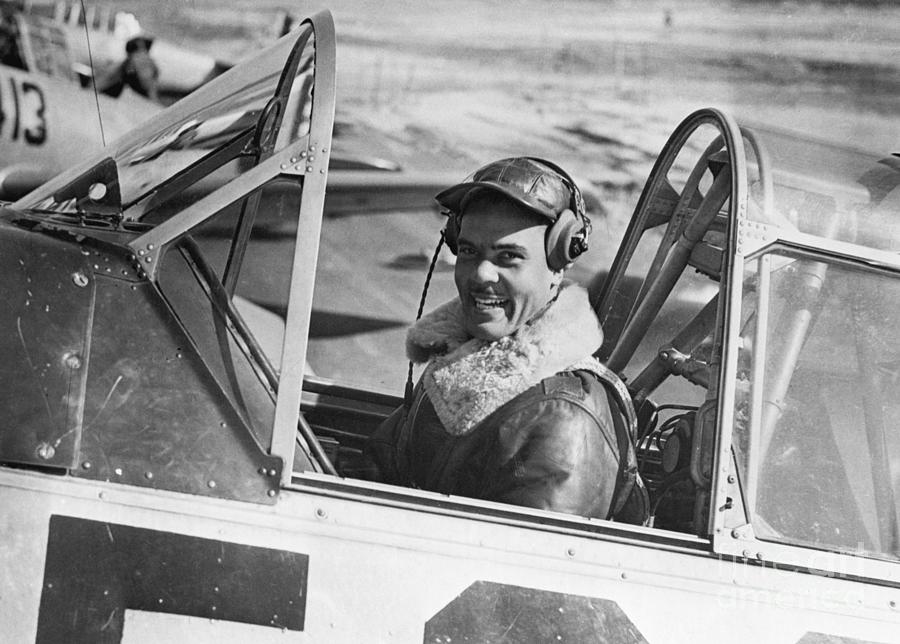
Davis was soon named commander of the 99th Pursuit Squadron, the first all-Black flying unit. After flying P-40 Warhawks in Tunisia during World War II, he went on to command the 332nd Fighter Group. Under his leadership, the Tuskegee Airmen distinguished themselves as skilled and disciplined bomber escorts—flying aircraft such as the P-47 Thunderbolt and P-51 Mustang.
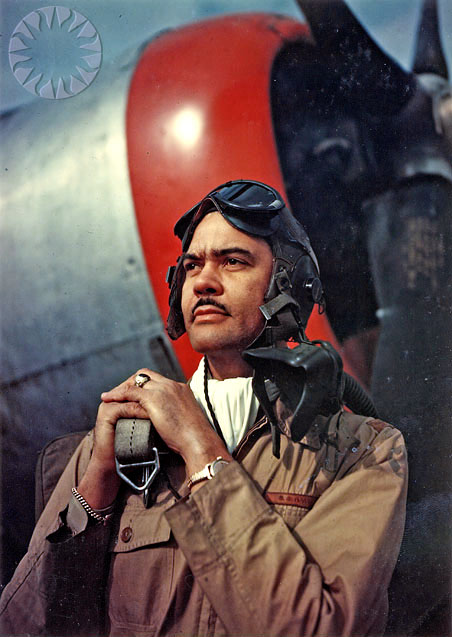
Following the war, Davis continued to break barriers. He flew F-86 Sabres during the Korean War and was instrumental in drafting the proposal that led to the creation of the U.S. Air Force Thunderbirds demonstration team. He later held key leadership positions within the Air Force, contributing to strategic planning and integration efforts.
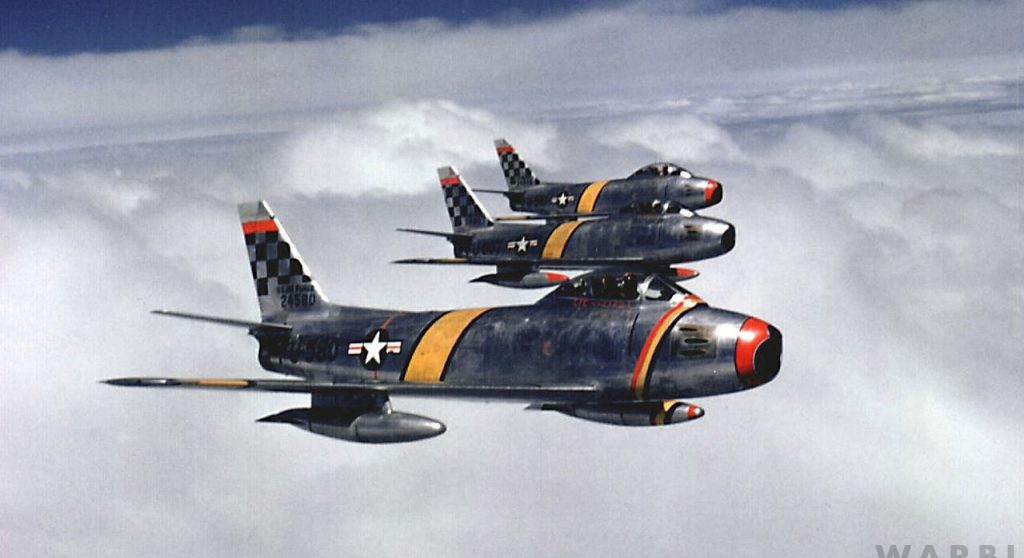
In a final, fitting tribute to his legacy, Davis was promoted to full General (four-star rank) on December 9, 1998. He passed away four years later, on July 4, 2002. Benjamin O. Davis Jr. left behind a legacy far greater than his many military accomplishments. His leadership, perseverance, and groundbreaking achievements helped change the face of the U.S. military and ensured that the story of the Tuskegee Airmen would be remembered with honor and pride.
